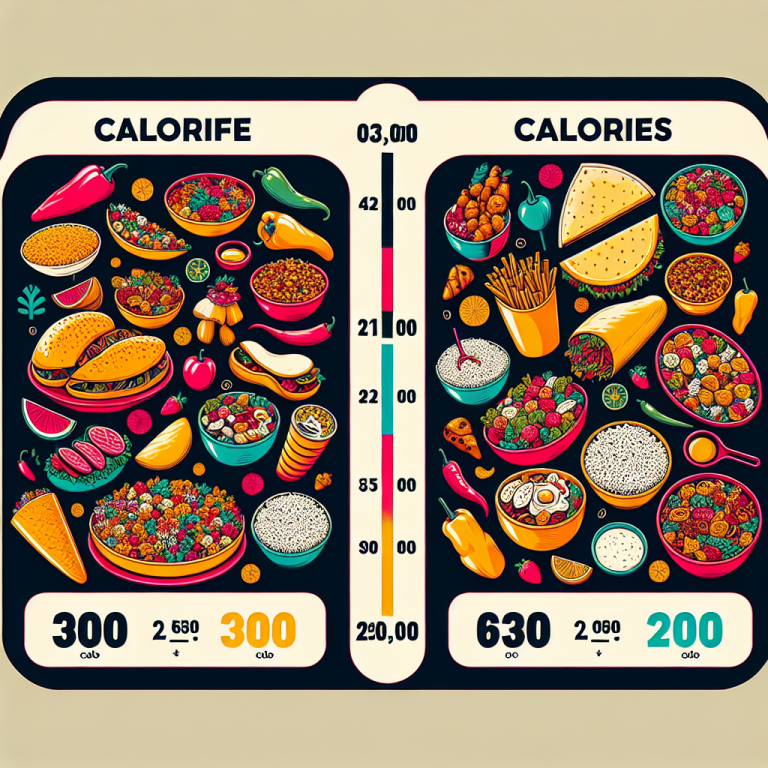McDonaldʼs Calories In Mcdonaldʼs Hash Brown
McDonald’s hash browns are a popular breakfast choice for many. Crispy and golden, they provide a satisfying crunch to your morning meal. But how do they stack up when it comes to nutritional value? It’s important to know the calories and key nutrients in these breakfast staples to make informed dietary choices. Whether you’re a…
McDonald’s hash browns are a popular breakfast choice for many. Crispy and golden, they provide a satisfying crunch to your morning meal. But how do they stack up when it comes to nutritional value? It’s important to know the calories and key nutrients in these breakfast staples to make informed dietary choices. Whether you’re a regular at the Golden Arches or an occasional visitor, understanding the nutritional profile of McDonald’s hash browns can help you maintain a balanced diet without sacrificing taste. Dive into the specifics of calories, serving sizes, and nutritional benefits of this beloved breakfast item.
Nutrition Facts
Serving Size 1 hash brown (56g)
Amount Per Serving
Calories
140
| Total Fat | 8.0 g | 10% |
| Saturated Fat | 1.5 g | 8% |
| Trans Fat | 0 g | 0% |
| Cholesterol | 0 mg | 0% |
| Sodium | 320 mg | 14% |
| Total Carbohydrate | 16 g | 6% |
| Dietary Fiber | 1 g | 4% |
| Total Sugars | 0 g | 0% |
| Protein | 1 g | 2% |
| Vitamin D | – | 0% |
| Calcium | – | 0% |
| Iron | 0.3 mg | 2% |
| Potassium | 340 mg | 8% |
* The % Daily Value (DV) tells you how much a nutrient in a serving of food contributes to a daily diet.
2,000 calories a day is used for general nutrition advice.
Nutrient Distribution
Calorie Burn Time
How long would it take to burn off total calories from 100g of McDonald’s hash browns?
FAQs
Conclusion
McDonald’s hash browns offer a tasty and convenient breakfast option. While they are relatively high in fat and sodium, they can be balanced with other healthier choices throughout the day. Enjoy them as a treat within a varied diet to maintain nutritional balance.



